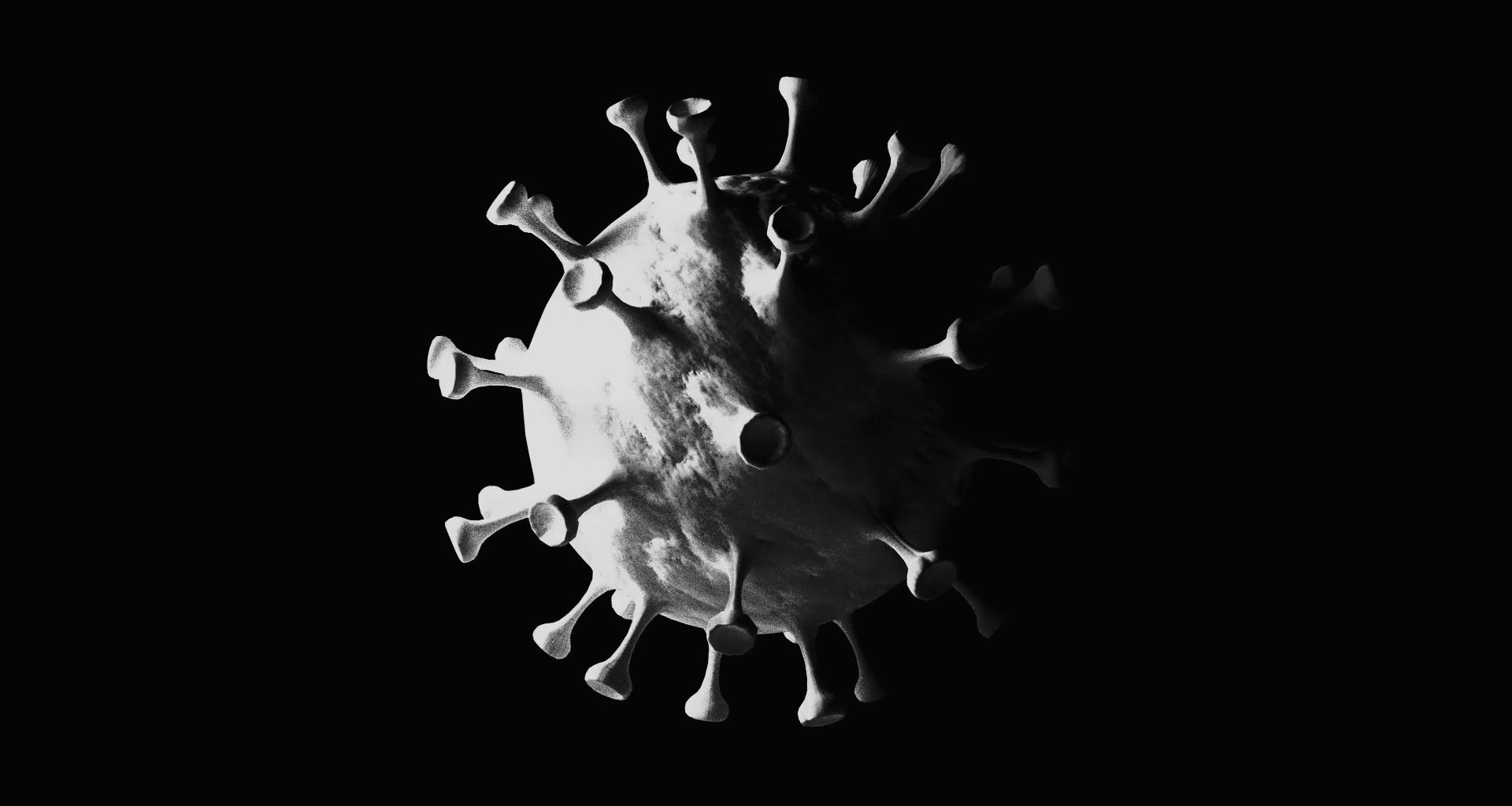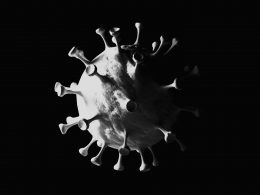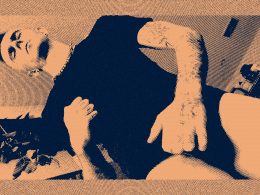With more than 12,000 cases in 68 countries, monkeypox shows no sign of slowing down. But while these numbers are growing, so too is a stigma against those who have it.

Gay men who enjoy the world of clubs, saunas and sex parties are reporting a growing hostility to their way of life amid the rise of monkeypox cases. Some of those who’ve caught the virus even say they’ve lied about not having it because of the shame they feel.
Now Mateo Prochazka, a consultant scientist at the UK’s Health Security Agency, has an urgent message to share about the virus and how we look after each other.
As a gay man himself, Mateo is clear: no-one should feel ashamed because of monkeypox.
“No-one should think less of themselves because of having an infection,” Mateo told TIM News.
“Stigma is a huge challenge for us to control infection and it’s really difficult for us, especially as gay men, not to think less of ourselves sometimes because of the things that we’ve been told when growing up in our society.
“There should be no shame in sex and no shame in infections and no shame in our behaviour. By talking openly about these things we can start a communication that can help us identify symptoms when they happen, help us get to early testing and treatment.
“To all of those people I would say don’t feel like you’re less, don’t feel like this removes any of your worth. And don’t allow anyone to disrespect you for having an infection that just happens to be circulating in our community.”
This is not like other infections we have in our community. It’s a bit more severe. That’s why we need to be on the lookout and protect ourselves and each other.
Mateo is an infectious disease epidemiologist working in public health protection for the British government. His work is currently focused on the monkeypox outbreak which continues to spread around the world.
As of 15 July 2022, there were 12,556 confirmed cases of monkeypox across 68 different countries. The vast majority of those nations had never reported monkeypox cases before.
“We’re seeing this virus is spreading more frequently in people who go to gay saunas, sex clubs, or dark rooms and parties,” said Mateo.
“We’re also seeing people who have multiple new sex partners are more likely to be infected as are people who initially were coming back from travelling to large festivals in Europe, people who participate in group sex [and] people who participate in chem sex.
“But in general monkeypox can affect anyone regardless of their sexual orientation. It’s tied more to behaviour than sexual orientation.”

What to look out for
Mateo says: “The main symptoms are lesions, the best way to describe them is like blisters or a rash. Sometimes it looks like a red spot and then it can become a blister or an ulcer and it can happen in any part of your body.
“Mostly we are seeing them around the genitals – around your ass, around your hands or your mouth. Anything that looks suspicious should prompt you to call your local sexual health service.
“We are also asking people to be aware to look out for lesions or symptoms in their partners, so if they’re having any hookup or meeting someone new. One of the key things is just having a constant conversation with the people you have had sex with.
“Because of the way our community works sometimes we don’t really get the details of the people we have sex with but it’s really important when possible we just keep the contact on Grindr or Whatsapp or Instagram.”
One 23-year-old gay man from Manchester, UK, who wished to remain anonymous, told TIM News he felt forced to lie to his family, friends and employer about not having monkeypox.
“I spent weeks hearing my fuck-buddies and friends talk about people with monkeypox like they had leprosy or something, and when it finally happened to me I panicked,” he said.
“I couldn’t tell them I had it because I was afraid of what they would say or think about me. So I made up all sorts of excuses about why I wasn’t very sociable for a while. I carried on going to work because I couldn’t bring myself to tell my boss I had monkeypox, not with all the news stories about it being a gay disease.”
Monkeypox is usually a mild self-limiting illness, spread by very close contact with someone with the virus. Most people recover within a few weeks, but in rare cases some people can become unwell and require hospital admission.
However, most people are well enough to stay at home if they are able to self-isolate safely.
Despite this, there was a whirlwind of media reporting during the early days of the outbreak which portrayed the virus as a deadly consequence of gay sexual behaviour. It prompted the United Nations’ Aids agency to criticise reporting on the virus as racist and homophobic, warning of exacerbating stigma.
“There is a parallel with HIV/Aids in general about how it has been framed as something that is exclusive of people with specific behaviours when it’s actually an infection that just affects humans,” Mateo added.
“I share our collective frustrations about infections, especially coming back from COVID and having to change our behaviour for so long.
“I understand how many of us are so resistant to change our own behaviour but behaviour is not just the behaviour we have when we have sex with one another but also behaviour towards our health… our behaviour towards our bodies, being on the lookout for symptoms, coming forward for testing or getting a vaccine.
“So if we feel like it’s not within our possibility to change our sexual behaviour, let’s continue changing those behaviours that are related to the way we approach services and how we get tested and how we get vaccinated. Those are things we can do that will support the control of this outbreak.”
For more information about monkeypox and vaccination, visit the United States Centers for Disease Control and Prevention, or the UK’s Terence Higgins Trust.












